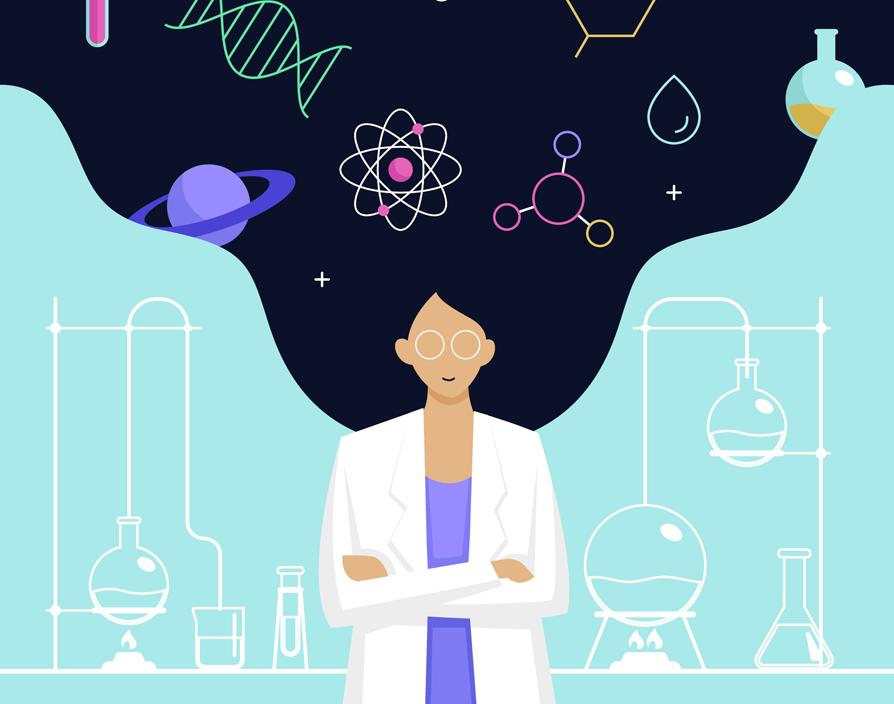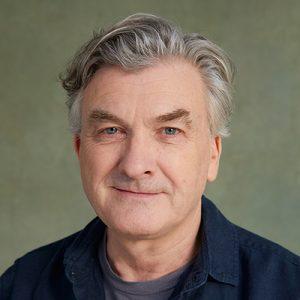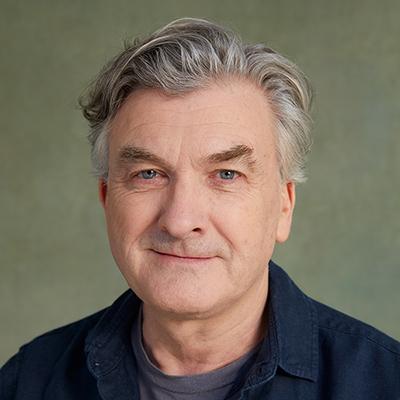At an innovation conference I went to a while back there was a speaker who talked about ‘rivers of thought’. The idea being that humans develop automatic responses to everyday tasks. You don’t have to think about crossing a road safely, for instance – you automatically look both ways. This allows the brain to focus on processing new and challenging events rather than repetitive tasks. In the Stone Age that might have been engaging a successful hunt. In the more domestic and contemporary setting of a supermarket many of our choices will be made using this river of thought system. The word ‘natural’ is good, rough brown paper packaging is sustainable, plastic is bad. Nobody wants to spend hours scrutinising thousands of products, so these assumptions allow us to make decisions quickly and get out of the store in good time with everything we need.
These rivers of thought are sometimes fixed in our minds through logical thinking but, usually, they are developed through a process of cultural osmosis. What friends say, what you read in the papers, see on WhatsApp and, critically, what we absorb through branding and advertising. It tends to be emotionally led, and visually stimulated. David Attenborough’s Blue Planet image of a turtle with a plastic ring around its neck galvanised much of the world’s population to act on plastic pollution, when thousands of distressing facts failed to impress.
Our new-found hatred of plastic has resulted in problems though. Banning disposable shopping bags has actually resulted in more plastic in the system as durable plastic bags multiply. Ridding the world of plastic packing, which very successfully protects food, will result in more food waste which is a significant problem in its own right. The river of thought that plastic is bad is a problem as much as it is a solution.
Rivers of thought are often locked in with catch phrases, like Audi’s Vorsprung Technik becoming the byword for quality, efficiency, progress and technology. So even in a considered and expensive purchase like a German car we are not comparing and contrasting the specification sheets, which is impossible for the layperson to do, we are resorting to deciding with our emotions.
This is all very useful, and the entire marketing industry is built around it, but it can also be a problem. Take the word ‘natural’. Using it to describe a bag of apples is entirely applicable but completely unnecessary, however using it to describe a shampoo or a household cleaner, which are a bunch of chemicals, has become commonplace. The natural description has become the shorthand for safe, but are these products actually natural, or for that matter safe?
There are many rivers of thought running through society that were formed decades ago when industry was less regulated and science, and particularly chemistry, was developing rapidly. These times brought many advantages to society, but there were many public mistakes and examples of corporate greed. E-numbers, GM, Monsanto all became bywords for bad science to the point where all science seemed to be bad. We needed an alternative solution to our needs, so the simplest approach was to revert back to before science, to the natural world. Nature will provide, because it clearly works all around us without harm. A simple short cut to safety.
Marketeers used this ‘natural’ shortcut to great advantage. The more they slapped it on their packaging the more consumers asked for it, so the more they used it. It has become a well-established river of thought, but it is wrong. Having spoken to scientists at Unilever, natural ingredients can often in-fact be ineffective and actually unsafe in personal and household care products. Natural ingredients like Aloe Vera, which appears in everything these days, are designed to do a job in the natural world. To do that it contains 75 potentially active constituents: vitamins, enzymes, minerals, sugars, lignin, saponins, salicylic acids and amino acids. Vitamins: It contains vitamins A (beta-carotene), C and E, which are antioxidants. It also contains vitamin B12, folic acid, and choline. I’m into the details here, plundered from the internet, and getting totally out of my depth, as you will be if you are not a botanist, but I think we can all see that some of those components will be beneficial to our skin and others will not, in fact some could cause harm.
Scientists say we can learn much from the natural world, but then they need to isolate the useful chemistry and use their skills and knowledge to produce it in an efficacious and efficient way that keeps costs down and safety and benefit up. Often this is done by synthesising petrochemicals, not boiling up plants. For example, 85% of vanilla flavouring is synthesised from petrochemicals in a safe, cost effective and tasty way. In fact those clever people are now looking at how they can convert plastic bottle waste into vanilla essence.
But marketeers don’t like talking about petrochemicals when it comes to something you might put on your skin (except for perhaps Vaseline who don’t have much choice in terms of petroleum jelly). So they would rather pass over the incredible science and slap a picture of a plant on the pack and talk about naturals, because that’s what the consumers want, don’t they? No they don’t, they just think they do.
This is where we need a rethink. We need to break some of these rivers of thought and reposition the role of science in our lives. It needs a rebrand and we need to re-educate consumers, not just always react to what they say. We don’t want the intelligible facts and figures scientists communicate with, even though they are good, because it’s all just too complicated and clever. We want to love and trust our scientists to do their jobs for us. We need to move away from the scary image of faceless people in lab coats. Marketeers need to project scientists as people in our community with personalities, values and responsibilities, like they have done with farmers, suppliers and distillers. They need to tell their stories in an engaging and informative way and change the consumer’s mind, not pander to it.
There is no better time to start than now. Pre-pandemic Michael Gove said we had all had enough of hearing from the experts. Post-pandemic we now all know that it was the experts who saved us through their skill, advice, medical equipment, treatments, drugs and vaccinations. They are in our good books now, so we should build on that, and build trust through new rivers of thought and change the paradigm.
Science is the answer, what’s your problem?
Share via:









































